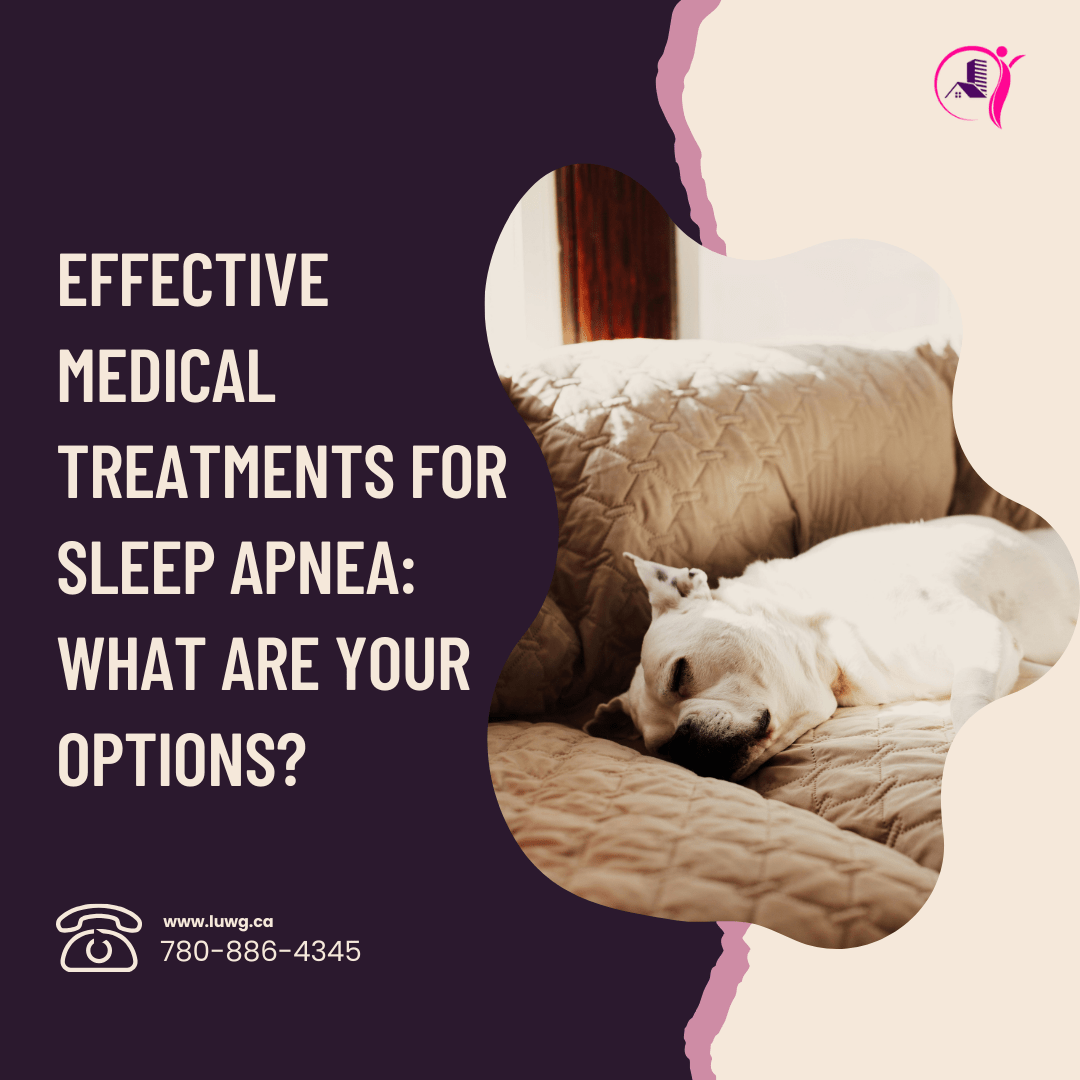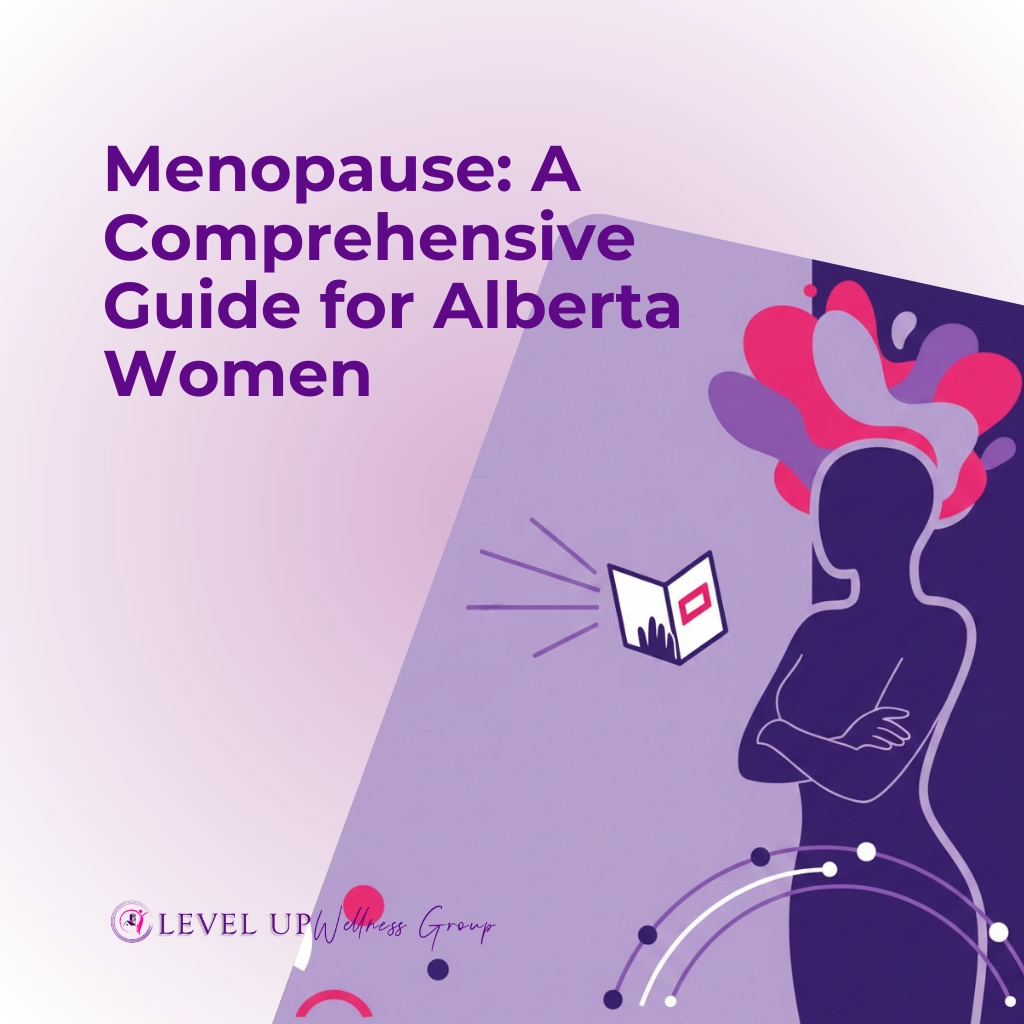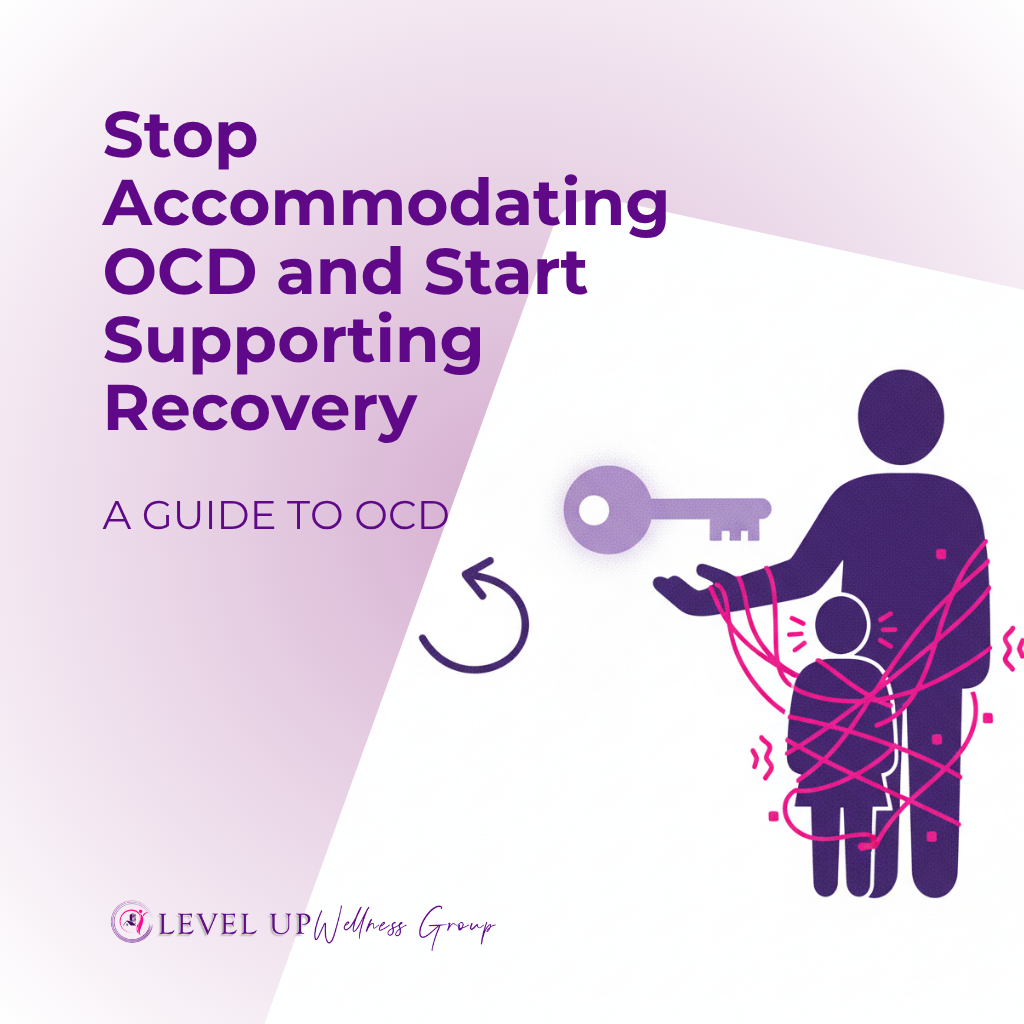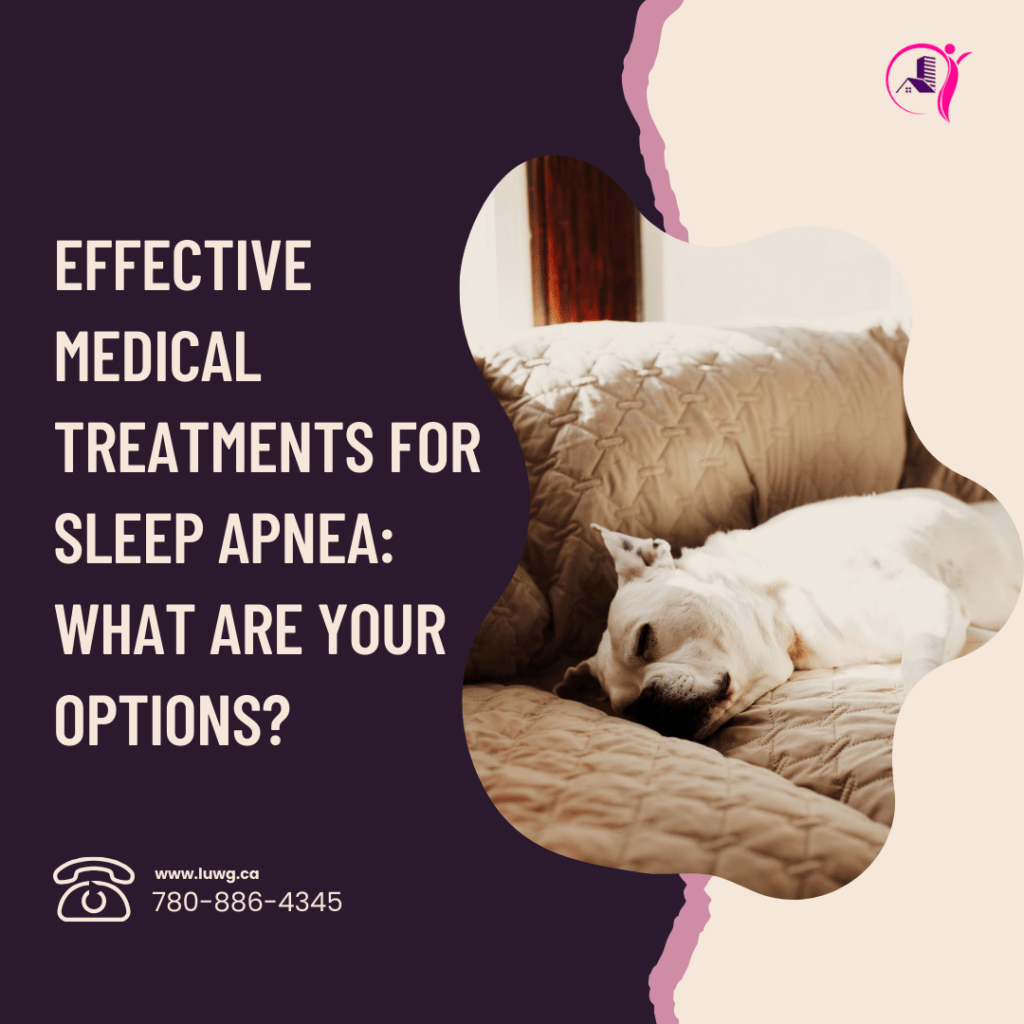
Sleep apnea is a potentially serious condition that disrupts sleep by causing repeated pauses in breathing. Left untreated, it can lead to chronic health issues such as high blood pressure, heart disease, weight gain, and excessive daytime sleepiness. Fortunately, there are various effective treatments for sleep apnea that can help patients breathe better, sleep better, and enjoy an improved quality of life.
This article provides a comprehensive guide to common treatments for sleep
apnea, including surgical and non-surgical options, lifestyle changes, and emerging therapies. Whether you’re dealing with mild sleep apnea or a more severe case, understanding your options is the first step to taking control of your condition.
For more information on managing sleep difficulties:
Understanding Sleep Apnea: Types and Causes
Types of Sleep Apnea
There are three primary types of sleep apnea, each requiring different treatment approaches:
- Obstructive Sleep Apnea (OSA): This is the most common type of sleep It occurs when the throat muscles relax excessively, blocking the airway during sleep.
- Central Sleep Apnea (CSA): This condition arises when the brain fails to send proper signals to the muscles that control
- Complex Sleep Apnea Syndrome: A combination of OSA and CSA, this condition can be challenging to treat and often requires advanced therapies like positive airway pressure devices or adaptive servo-ventilation (ASV).
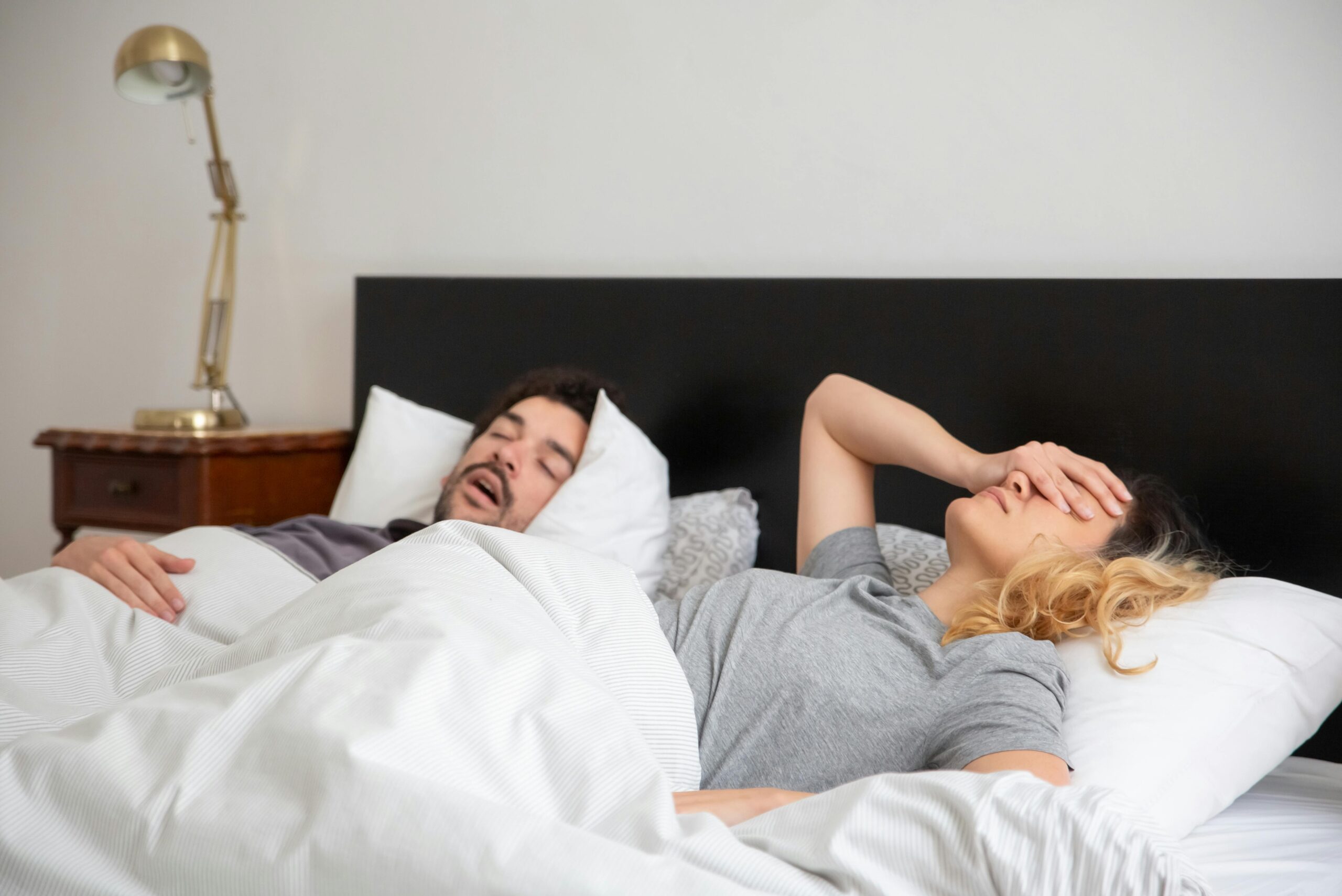
What Makes Sleep Apnea Worse?
Several factors can worsen sleep apnea symptoms:
- Obesity: Extra weight, especially around the neck, puts pressure on the airway.
- Sleeping Positions: Back sleeping often worsens airway collapse.
- Alcohol and Sedatives: These substances relax throat muscles, increasing the risk of obstruction.
- Chronic Conditions: Untreated high blood pressure and nasal congestion can exacerbate the condition.
If you or someone you know is struggling with sleep apnea, consulting a sleep specialist is crucial. You can find more insights and guidance at LUWG Sleep Difficulties Treatment.
Symptoms of Sleep Apnea
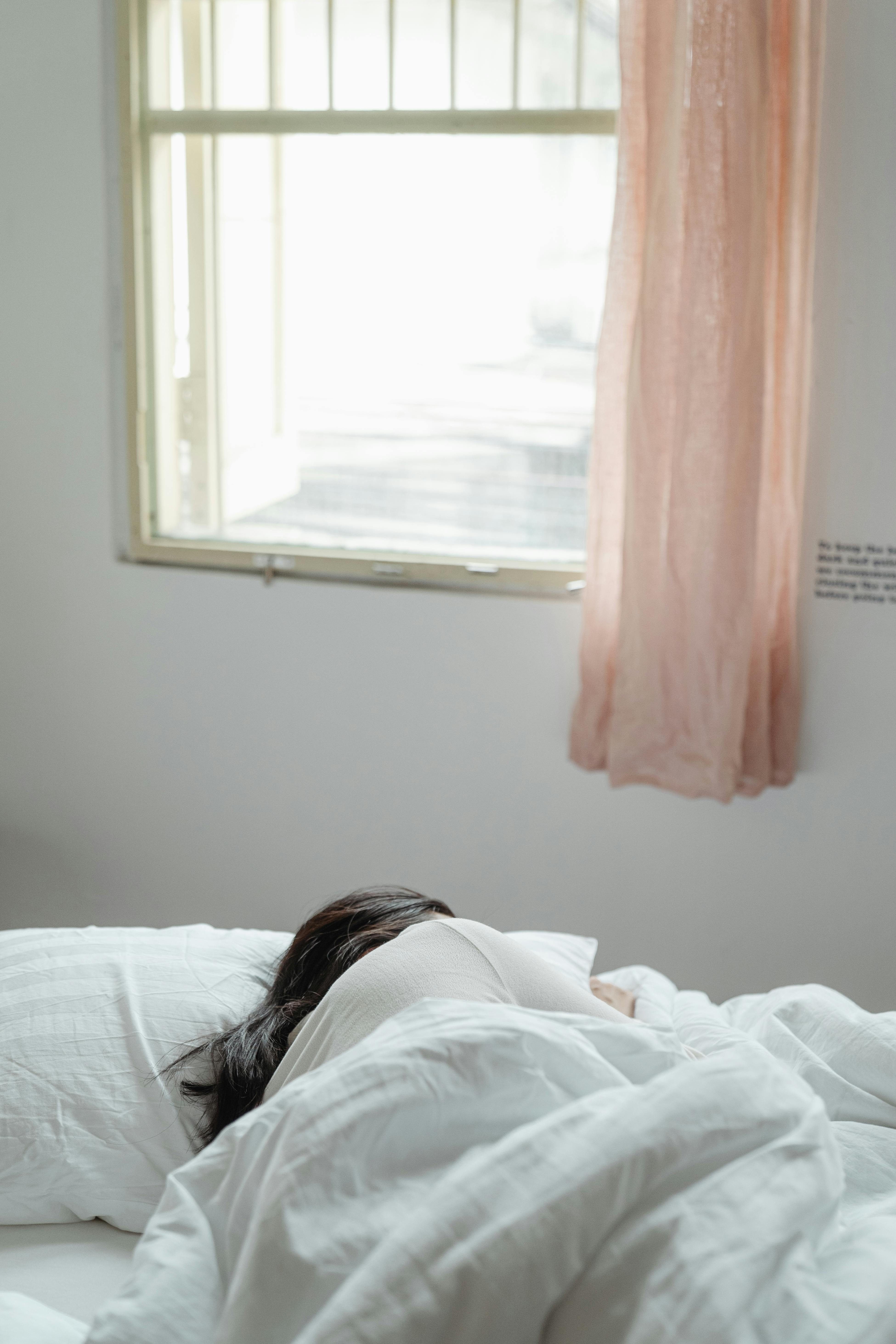
Recognizing the symptoms of sleep apnea is the first step toward diagnosis and treatment.
Common signs include:
- Loud Snoring: A hallmark symptom of obstructive sleep apnea, often noticed by bed partners.
- Gasping for Air During Sleep: Many people wake up feeling breathless.
- Daytime Sleepiness: Persistent fatigue and sleepiness during the day, even after a full night’s sleep.
- Morning Headaches: Poor oxygen levels during sleep can result in frequent headaches upon waking.
- Difficulty Concentrating: Sleep deprivation due to apnea often impairs cognitive function and memory.
If you’re experiencing these symptoms, contact us for personalized care.
Continuous Positive Airway Pressure (CPAP) Therapy
What Is CPAP Therapy?
CPAP therapy is one of the most effective treatments for moderate sleep apnea and severe cases of OSA. It uses a machine to deliver a steady stream of air through a mask, preventing airway collapse.
Benefits of CPAP
- Keeps airways open throughout the night. Reduces or eliminates snoring.
- Enhances sleep quality and reduces daytime sleepiness.
- Helps manage associated conditions like high blood pressure.
Overcoming CPAP Challenges
Some patients may find the mask uncomfortable or experience dryness. However, newer machines come with features like heated humidifiers and ergonomic masks to improve comfort. For those who cannot tolerate CPAP, alternatives like oral appliances or surgery may be suitable. Explore more at LUWG Sleep Difficulties Treatment.
Alternatives to CPAP Therapy
Oral Appliance Therapy
Oral appliances are custom-made devices that reposition the jaw or tongue to keep the airway open.
Types:
- Mandibular Advancement Devices (MADs): Move the lower jaw forward to prevent obstruction.
- Tongue-Retaining Devices: Stabilize the tongue to maintain airway openness.
Ideal For: Patients with mild sleep apnea or those who cannot tolerate CPAP.
Advantages: Easier to use and travel-friendly.
Positive Airway Pressure Variants
For those unable to tolerate CPAP, other devices include:
- BiPAP: Provides varying pressure levels for inhalation and exhalation.
- APAP: Adjusts pressure automatically based on breathing patterns.
Learn more about these alternatives at :
Surgical Treatments for Sleep Apnea
When non-invasive treatments fail, surgery can address structural abnormalities causing the condition.
Common Surgical Options
- Uvulopalatopharyngoplasty (UPPP): Removes excess throat tissue to widen the airway.
- Maxillomandibular Advancement (MMA): Adjusts the position of the jaw to increase airway space.
- Tongue Movement Surgeries: Hypoglossal nerve stimulation or procedures to reduce tongue size can improve airway function.
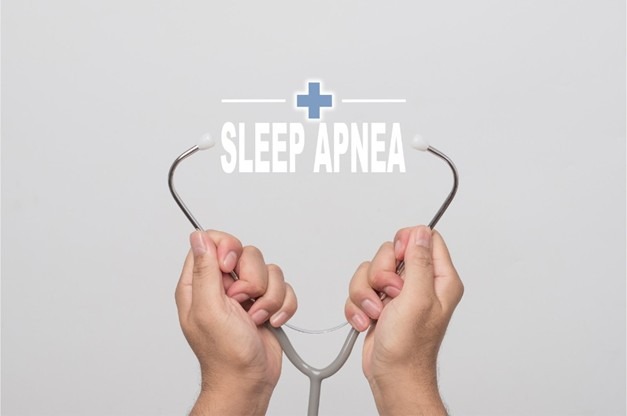
Who Should Consider Surgery?
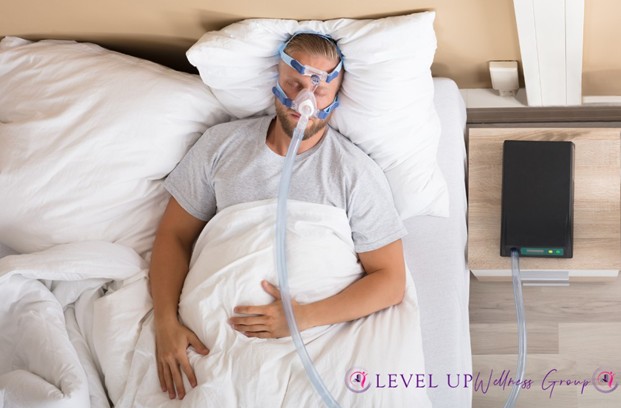
- Patients who cannot tolerate CPAP or oral appliances.
- Those with anatomical obstructions, such as a deviated septum or large tonsils.
- Individuals with severe or persistent obstructive sleep apnea despite other treatments.
Discuss surgical options with a sleep specialist for personalized recommendations. Visit LUWG Sleep DifficultiesTreatment for more insights
Lifestyle Changes for Sleep Apnea
Innovative and Emerging Therapies
Hypoglossal Nerve Stimulation
An implantable device stimulates the tongue muscles to prevent airway collapse.
Ideal For: Moderate to severe OSA patients unable to use CPAP.
Benefits: Improved sleep quality and reduced snoring.
Expiratory Positive Airway Pressure (EPAP)
EPAP devices use the patient’s exhalation to maintain airway pressure.
Advantages: Portable, non-invasive, and effective for mild to moderate sleep apnea.
For cutting-edge treatments, explore LUWG Sleep Difficulties Treatment.
Choosing the Right Treatment
Factors to Consider
- Severity of Sleep Apnea: CPAP is the gold standard for severe cases, while lifestyle changes and oral appliances may work for milder cases.
- Comfort and Convenience: Treatments must fit the patient’s lifestyle to ensure adherence.
- Medical Guidance: Consulting a sleep specialist is essential to create a personalized treatment plan.
FAQs About Sleep Apnea Treatments
What is the most common treatment for sleep apnea?
CPAP therapy is the standard treatment, particularly for severe cases of OSA.
Can weight loss cure sleep apnea?
Weight loss can significantly reduce symptoms, especially in patients with obstructive sleep apnea linked to obesity.
Are there natural ways to improve sleep apnea?
Yes, lifestyle changes like positional therapy and avoiding alcohol can help alleviate symptoms.
Can surgery provide a permanent solution?
Surgery can be effective for some patients, particularly those with structural issues contributing to their apnea.
What role does tongue movement play in sleep apnea?
Improving tongue position through oral appliances or nerve stimulation helps keep the airway open.
Conclusion
Sleep apnea is a serious condition, but it is treatable. From CPAP therapy and oral appliances to lifestyle changes and surgery, there are numerous options to improve breathing and sleep quality. For tailored guidance and the latest treatments, Contact us or check LUWG Sleep Difficulties Treatment. Take the first step toward better sleep and health today.


